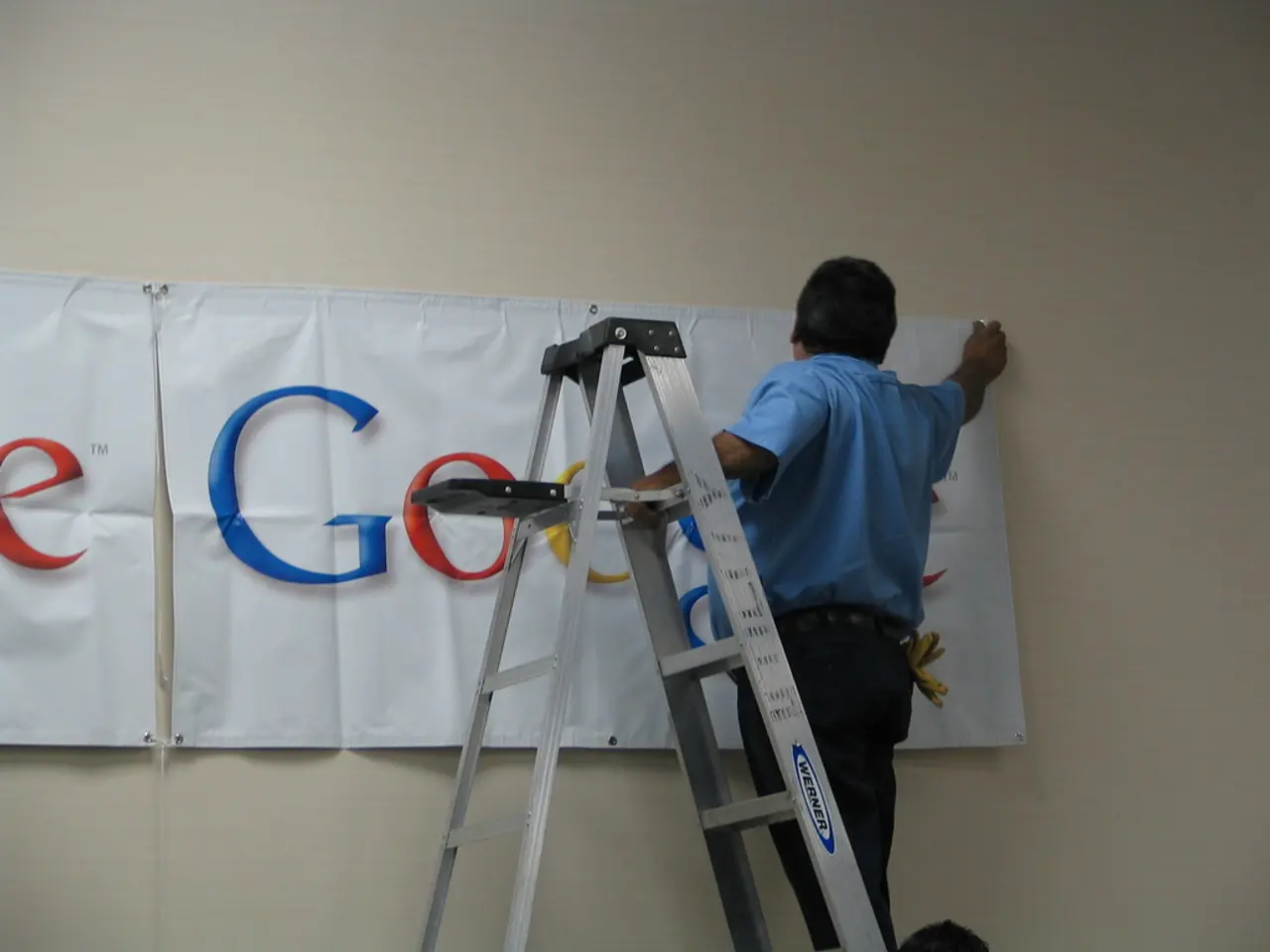Tech giant Google secures a substantial energy agreement, providing 50 megawatts of nuclear power for its AI data centers.
In a significant step forward for the future of nuclear energy, Google has signed a deal with Kairos Power to purchase nuclear power from the company's Hermes 2 Plant in Oak Ridge, Tennessee. This deal marks the first deployment of Hermes 2 under Kairos's broader pact with Google to deliver 500 megawatts by 2035.
The nuclear power generated by Hermes 2 will be enough to power approximately 350,000 homes. Kairos Power plans to boost Hermes 2's output from 28 to 50 megawatts beginning in 2030. The reactor will supply electricity to Google's data centers in Montgomery County, Tennessee, and Jackson County, Alabama, every hour of every day.
The Tennessee Valley Authority (TVA) has also agreed to purchase 50 megawatts of nuclear power from Google and Kairos Power. This makes TVA the first utility to purchase power from a GEN IV reactor.
Google's collaboration with Kairos Power is part of a broader trend in the tech industry to use nuclear power to meet rising energy demands and advance next-generation nuclear power. Other tech giants, such as Microsoft and Amazon, have also turned to nuclear power to meet their energy needs.
Microsoft has a 20-year power purchase agreement with Constellation that could restart Three Mile Island's Unit 1 reactor in Pennsylvania. Amazon, in October, announced three nuclear-focused deals with Energy Northwest, X-energy, and Dominion Energy.
The increased demand for nuclear power is driven by the growing need for clean energy to power data centers, manufacturing, and electrification. According to the GridStrategies report, U.S. electricity demand is expected to rise by 15.8% by 2029. The International Energy Agency expects U.S. data center electricity use to increase by 130% between 2024 and 2030.
Google's clean energy from the Kairos Power plant will help power its data centers in the region, supporting Google's commitment to using 24/7 carbon-free energy for its operations. This partnership is a significant step towards a more sustainable future for the tech industry and beyond.








